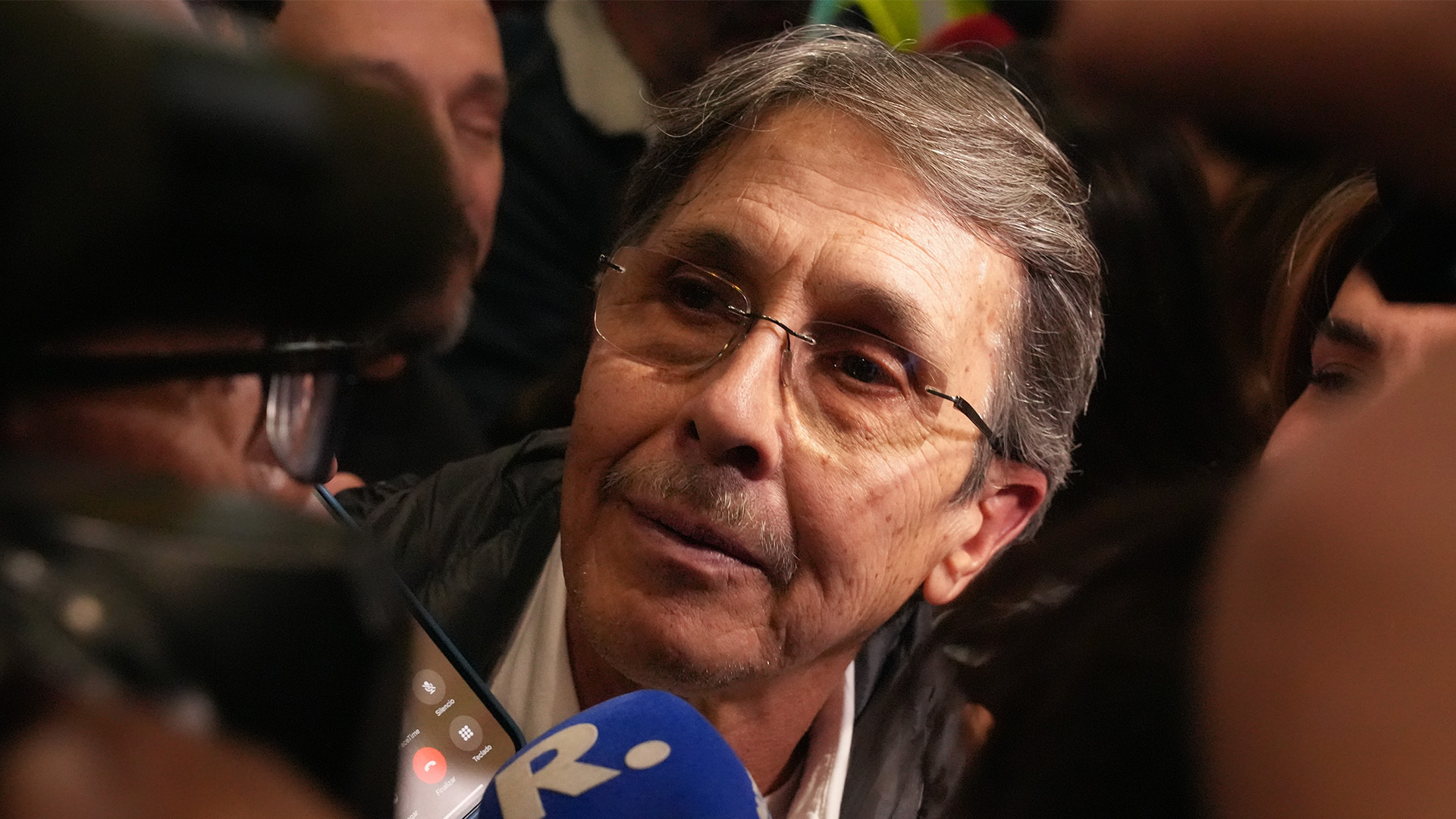
Fabio Ochoa Vásquez, a 67-year-old convicted Colombian drug lord, is a free man after serving 25 years in a U.S. prison. Deportation to his home country followed the completion of his sentence, with his arrival in Bogotá on December 23rd. Colombian authorities confirmed upon his arrival that he faces no further charges related to his involvement with the Medellín Cartel during the 1980s and 90s.
However, this release has sparked considerable controversy. The Medellín Cartel, under Pablo Escobar, is believed by some Colombian historians to have been responsible for the deaths of over 10,000 people (as reported by The Associated Press). Ochoa, a former associate of Escobar and a key figure in the cartel’s cocaine smuggling operations to the U.S. and other markets, amassed a fortune during the 1980s. Despite his denial of any killings, this claim is vehemently rejected by victims of the cartel’s violence.
Ochoa’s criminal history is extensive. He and his brothers surrendered to Colombian authorities in 1990, serving nearly six years before release in 1996. Reapprehended in 1999, he was extradited to the U.S. in 2001 and subsequently convicted of drug trafficking in 2003, receiving a 30-year sentence.
His return to Colombia has understandably generated concern among victims of the Medellín Cartel. Bogotá’s mayor, Carlos Fernando Galán – whose father, presidential candidate Luis Carlos Galán, was assassinated by Escobar’s hitmen in 1989 – called Ochoa’s freedom “unacceptable” on X, highlighting the lack of further charges in Colombia. Ochoa himself maintains his innocence, claiming he was framed by U.S. prosecutors and that he already served his time in Colombia during the 1990s.
The conflicting narratives – Ochoa’s claims of innocence versus the outrage felt by victims and those impacted by the cartel’s brutality – leave a lingering question mark over justice served.

